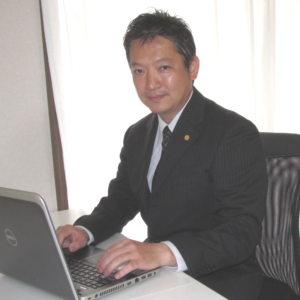Expansion of eligibility for taking the domestic skills test for “Specified Skilled” Workers, starting from April 1, 2020 in the Reiwa 2 era.

Expansion of eligibility for taking domestic skills tests
Since April 2019, the residence status “Specified Skills" has been introduced, but contrary to the government’s initial plans, it has not yet become widely recognized. One reason for this is the delay in implementing the skills tests.
To obtain the residence status of “Specified Skills," one must pass the Japanese language proficiency test and the skills test, and engage in work related to that skills test. However, without the skills tests being conducted, the “Specified Skills" program cannot progress.
Previously, there were certain restrictions on eligibility for taking the test, which resulted in some groups of people with higher demand being unable to take the test. This particularly affected those who have applied for asylum in Japan, those working as technical interns, or those living overseas but wanting to work in Japan.
People not eligible to take domestic exams until March 31, 2020:
- Those who are not medium- to long-term residents and have no experience of residing in Japan as such in the past
- Dropout or expelled international students
- Technical intern trainees who have disappeared
- Those with the residence status of “Specified Activities" (asylum application)
- Those currently residing with a residence status that requires the creation of a plan for implementing such activities, such as technical intern training, etc.
Eligibility for taking skills tests conducted domestically from April 1, 2020:
All foreign nationals with residence status (excluding overstayers, etc.)
This means that even those who were previously considered ineligible for the test due to their legal status in Japan can now take it.
Furthermore, since short-term stays are also included in this residence status, theoretically, those who come to Japan specifically to take the exam can now do so. This might lead to the emergence of “skills test study tours" in the future.
It’s not easy for asylum seekers to change visas easily
The most concerned group with the spread of this news is the people who are in the process of applying for asylum and holding a “Specified Activities" visa.
In recent years, people in the process of applying for asylum have been unable to change to other work visas. They have faced various disadvantages, such as delays in obtaining work permits, shortening of their residence status periods, rejection of asylum applications resulting in loss of the “Specified Activities" visa, etc.
Now that there is a possibility of changing to the “Specified Skills" visa, it’s understandable why there is such concern.
However, passing the test doesn’t automatically grant a “Specified Skills" visa.
After passing the test, one must first be employed by a company hiring specified skilled workers, and then proceed to apply for a visa change.
These two processes are problematic. Firstly, there are still relatively few companies hiring specified skilled workers. To employ such workers, companies must establish certain systems and submit extensive application documents. Moreover, considering the requirement for “equal or higher than Japanese" wages, along with other costs, it becomes quite costly.
Additionally, even if one is employed by such a company, individuals in the process of applying for asylum will have their asylum application background, process, and reasons scrutinized. Therefore, those who applied for asylum due to reasons like “couldn’t renew the student visa due to working too much," “couldn’t renew the work visa," or “didn’t want to pay tuition fees" are likely to be denied a change to “Specified Skills."
The issue of how to study for the exams
While the expansion of eligibility for taking the exams is welcome, for foreign nationals intending to take the exam, the issue of how to study for it is challenging.
Since some skills tests have textbooks available while others don’t, industries with readily available study materials are likely to attract more test-takers.







